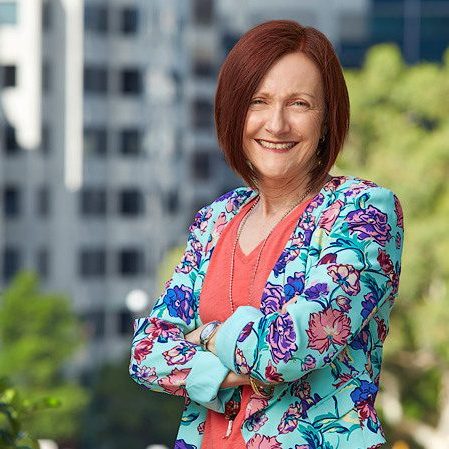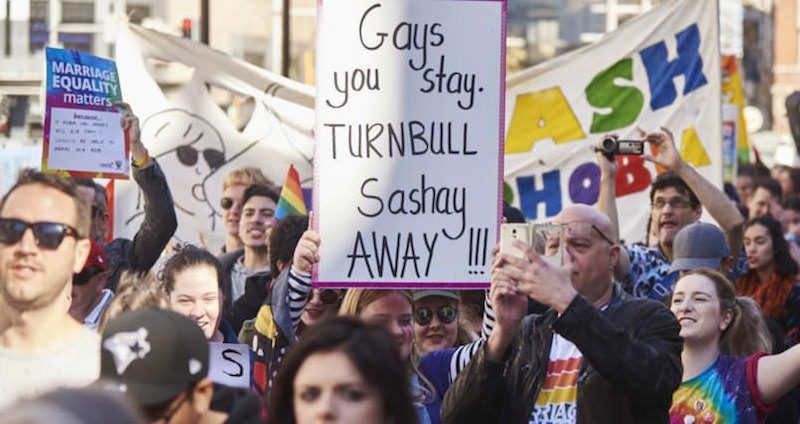 It’s a prolonged but promising road ahead.
It’s a prolonged but promising road ahead.
Rather than fighting over the inherent inequality of having all Australians voluntarily elect to decide whether or not they think that a group of Australians should have equal marriage rights, the debate that has gone down in the High Court has been about rather more mundane matters: non-parliamentary approved access to “emergency” money, and legality regarding the ABS gathering data on “opinions” are the deciding issues on whether the SSM postal survey goes ahead.
The High Court has now passed down its decision, passing the SSM postal survey and attesting to its legality.
Who was Challenging the Postal Survey?
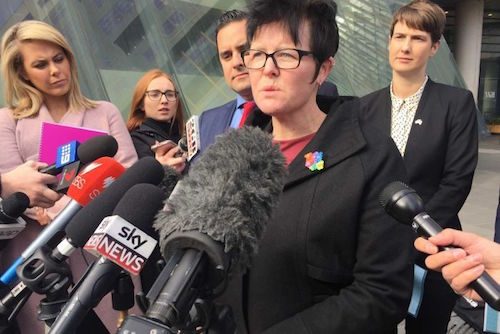
Felicity Marlowe, one of the people challenging the SSM survey; via ABC NEWS: Elizabeth Byrne
Two groups came forth to challenge the Liberal Government/Commonwealth’s decision to implement a non-compulsory postal survey on same-sex marriage. Firstly, they are Tasmanian Independent MP Andrew Wilkie, PFLAG (Parents & Friends of Lesbians & Gays), Melbourne mother Felicity Marlowe, and secondly AME (Australian Marriage Equality) and Greens Senator Janet Rice.
On What Grounds Were They Challenging It?
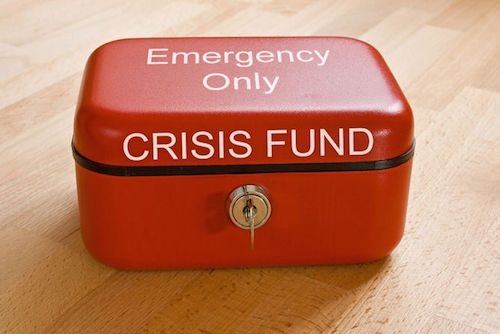
An artist’s imagining of what the fund the ssm survey money was appropriated from LOOKS LIKE
There were two main challenges to the legality of the SSM postal survey.
The first was that the $120 million put aside to pay for the survey was from a fund whose criteria for use did not apply for this usage. The fund is an emergency fund of $295 million to be drawn upon by the federal Finance Minister (now Matthias Cormann) to deal with “urgent and unforeseen matters,” and can be tapped into without parliamentary approval.
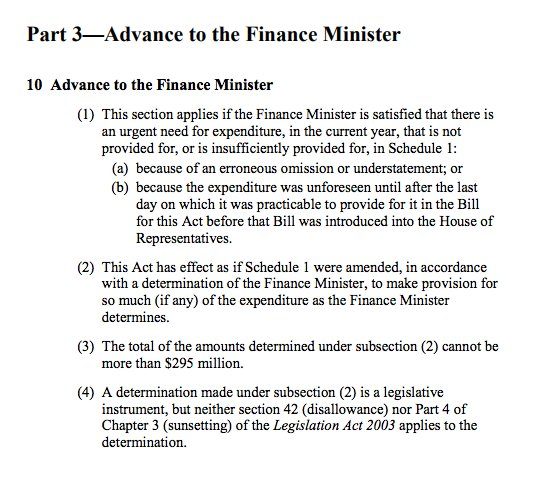
Those opposing the survey argued that the implementation of the non-compulsory SSM survey and the funds needed to enact it were in no way “unforeseen” as the Liberal Party, prior to introducing this survey, had attempted not once but twice to implement a binding postal vote on the matter, and had set aside millions of dollars should it be approved. Therefore, the government would have known about the likely costs to be incurred from implementing a similar, non-compulsory postal survey.
Further, the implementation of the non-compulsory SSM postal survey would likely not have been unforeseen in and of itself, as the Liberal Party, again and again, promised that it would take the issue to the people for a vote so as not to break its “electoral promise”.
To this, the Commonwealth yesterday argued in the High Court that both “urgent” and “unforeseen” are relative concepts.
The second major challenge against the non-compulsory SSM postal survey was the issue of whether using the ABS to collect information on “opinions” rather than “statistical data” was in keeping with what the ABS is bound by law to do.
The Commonwealth argued that using the ABS to collect data of this kind was total with precedent, while opponents of the postal survey vehemently disagreed.
What Does This Decision Mean For Marriage Equality?
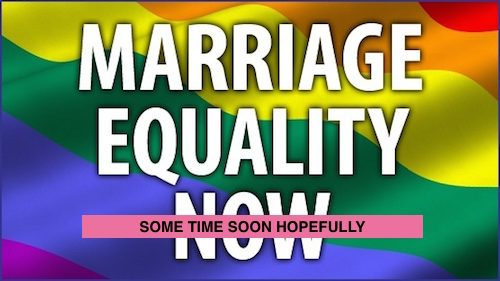
If PM Turnbull stands by his word to introduce a private members bill on SSM with conscience vote in Parliament, then should the YES vote in the postal survey garner the majority of votes, a parliamentary vote on SSM could happen very soon. Ballots must be received by the ABS by 6 pm November 7 and results will be released by November 15. After this date, both Houses will not be sitting until November 27. So, hypothetically, we could have a same-sex marriage by the very end of November.
Until then, it is up to us to make sure that the YES vote wins in the postal survey.
Here are some things you can do:
– Come to the marriage equality rally in Sydney this Sunday
– Sign up for reminders to fill out and return your postal ballot, and get your friends and fam to do the same
– Volunteer with AME to door knock, cold call, and leaflet
Or we could all, you know, overthrow the system. Just an idea.


